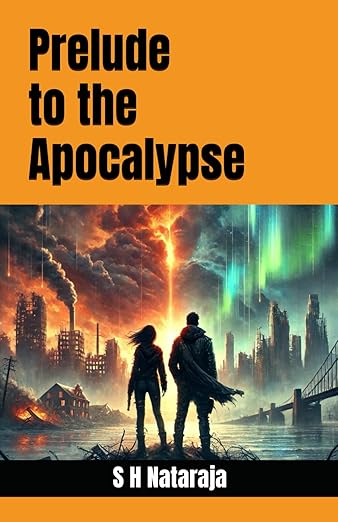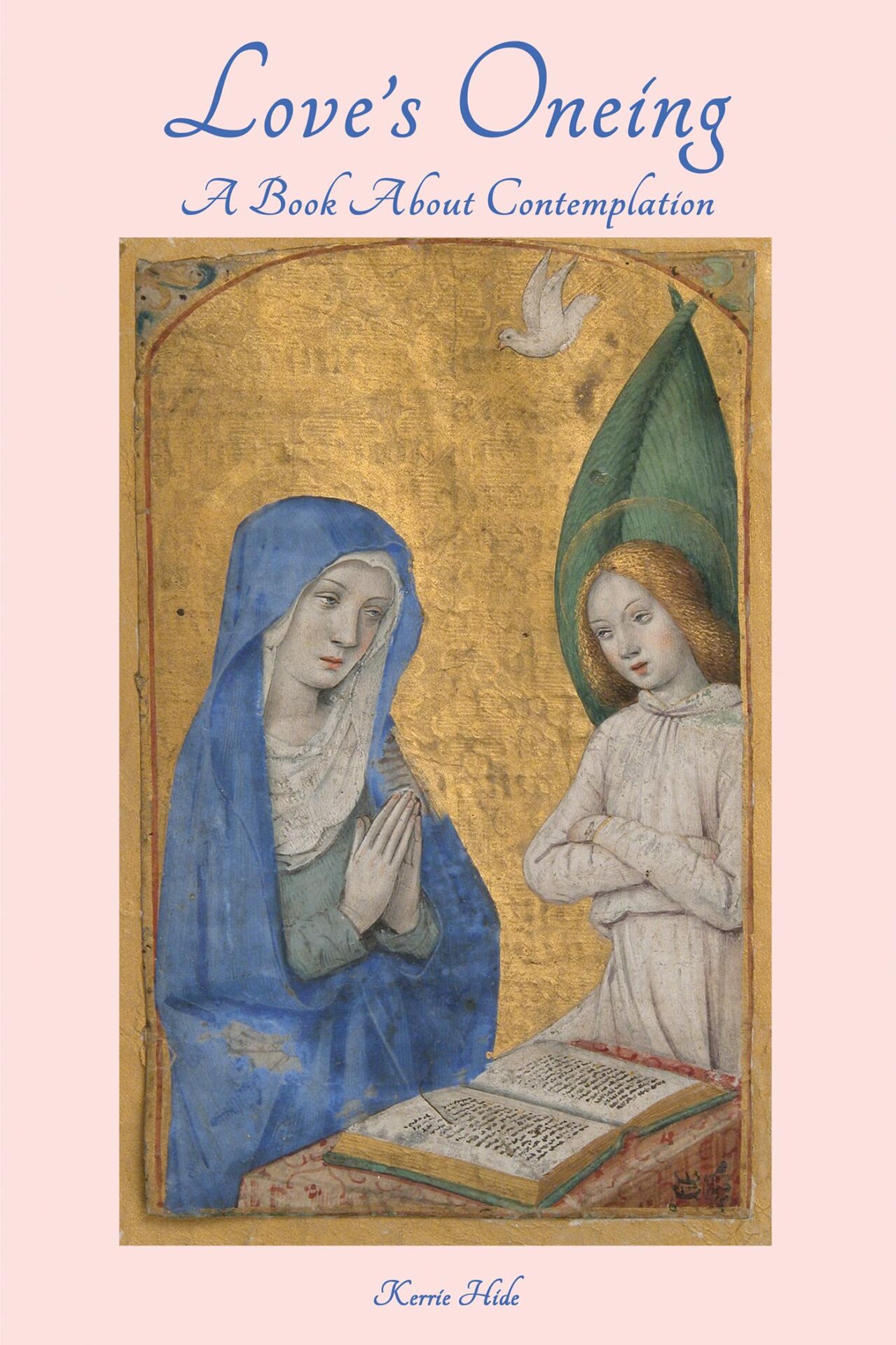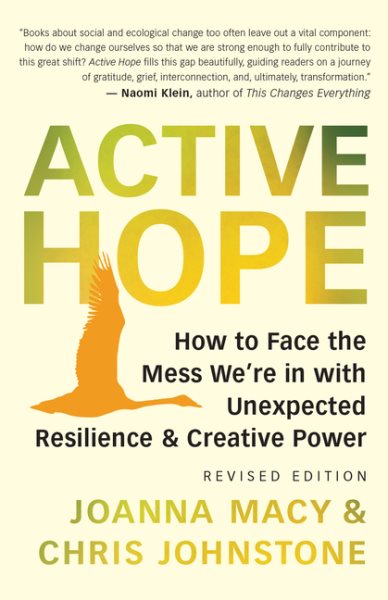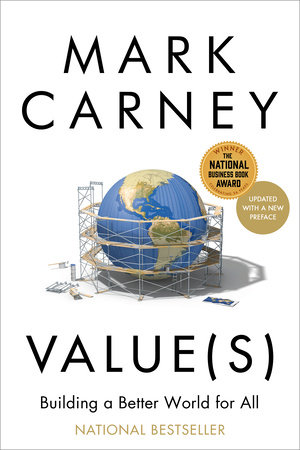The word “apocalypse,” often misconstrued as a symbol of catastrophe and annihilation, finds its origin in the Greek word, ‘apokálypsis’, which actually means an unveiling or revealing of something that has been hidden. In Prelude to the Apocalypse, S H Nataraja, my daughter, invites the reader to witness such an unveiling: of the state of our planet, the moral landscape of our societies, and most importantly, the resilience of the human spirit and truth of humanity’s potential.
This powerful debut novel is the first in a trilogy and introduces a world not that dissimilar to the one we live in today. The planetary crises we encounter in the novel’s pages are hauntingly familiar. From wildfires in Canada to flooding in Europe, from power blackouts to the rise of off-grid communities, we are not reading about a fictional dystopia, we are seeing, with unveiled eyes, a mirror held up to our own time. In Prelude to the Apocalypse, geomagnetic storms ripple across the globe, a series of climate disasters threatens to overwhelm and fracture society, and increasing disparities and conflict cause social unrest and an unravelling of the foundations of modern society. But this is not a story merely about collapse and destruction. It is a story about awakening and new beginnings.
Emily, a brilliant but reclusive undergraduate student and artificial intelligence (AI) researcher, finds herself propelled on a mission to decode the meaning of a troubling dream, and the solution to an escalating climate crisis. She is not a warrior in the conventional sense, but her power and courage lie in a contemplative attentiveness: her ability to notice things most people don’t see or choose to ignore and her trust in her intuition, leaning into the still voice within in times of doubt. When paired with Rohan, an idealistic and inventive robotics engineer, their bond forms the human centre of this sweeping story: two souls, drawn together by shared purpose, who begin to intuit the signs of the Earth’s distress as messages, not just noise, and along the way, discover a deep connection that becomes their anchor.
Together with a diverse ensemble of characters, Emily and Rohan navigate a world sliding towards systemic and environmental collapse. But here, the story diverges from the bleakness of much dystopian fiction. The novel dares to imagine a future not just of decline, but of decisive action and transformation. The novel weaves a building sense of urgency with a deep undercurrent of hope: hope that humankind will come together to solve the crises we face. Emily and Rohan’s work on Athena, a predictive AI system, becomes the medium through which we glimpse the inherent possibility of a future where technology is deployed for the common good.
What makes this novel different from other climate fiction is not simply its plot, though that is gripping, but its soulful gaze on the state of affairs. It is not written from a place of fear-mongering or sensationalism. Rather, the story pulses with reverence: for nature, for human ingenuity, and for the promise of AI. The story addresses climate change, the ethical dilemmas of AI, rising political fragmentation, and the spiritual malaise of a society adrift. But it never falls into despair. Instead, like our contemplative tradition, it insists that we are not powerless. That the divine spark of creativity still dwells within us. That we are called, not to flee the world, but to serve it, to participate in its healing.
Most importantly, what the novel offers is not judgment, but an invitation. In the contemplative tradition, the act of beholding – of seeing with the eye of the heart – transforms both the seer and the seen. Prelude to the Apocalypse beckons us into this deeper gaze. The story is not about a fall, but about a transition. Through each challenge – each moment when the Earth cries out and humanity falters – there is also a moment of grace: a choice to come together, and an opportunity for the light of humanity to shine through.
For those of us who sit in stillness and seek the silence, this book reminds us that contemplation and action are not opposites, but partners. That science and soul can work together. Laurence Freeman talks in his book ‘Jesus the Teacher Within’ about one of the pivotal questions Jesus asks: ‘who do you say that I am?’ (Lk 9:18; Mt16:15). By listening to this question, we are tricked into facing the fundamental question we like to avoid: ‘who am I?’ In Prelude to the Apocalypse, we are asked a similar question: ‘who are we willing to become? Will we continue on the path of destruction or will we, in beholding the unveiling, rise to meet the new world being born?
As I closed the final page of Prelude to the Apocalypse, I found myself reflecting not just on the story, but on the call to action it represents. Not the loud or disruptive kind, but the steady, rooted call of one who knows we are running out of time and yet believes, with unwavering conviction, that we can still choose a different future. This is why Prelude to the Apocalypse is an invitation. An invitation to notice. An invitation to choose to believe that, even in a world on the edge, there is still time to act, if we can find the stillness to observe, cultivate the willingness to see things as they truly are, and the courage to respond.
Prelude to the Apocalypse is available as a paperback or Kindle eBook on Amazon. For more information, please see: www.preludetotheapocalypse.com.





